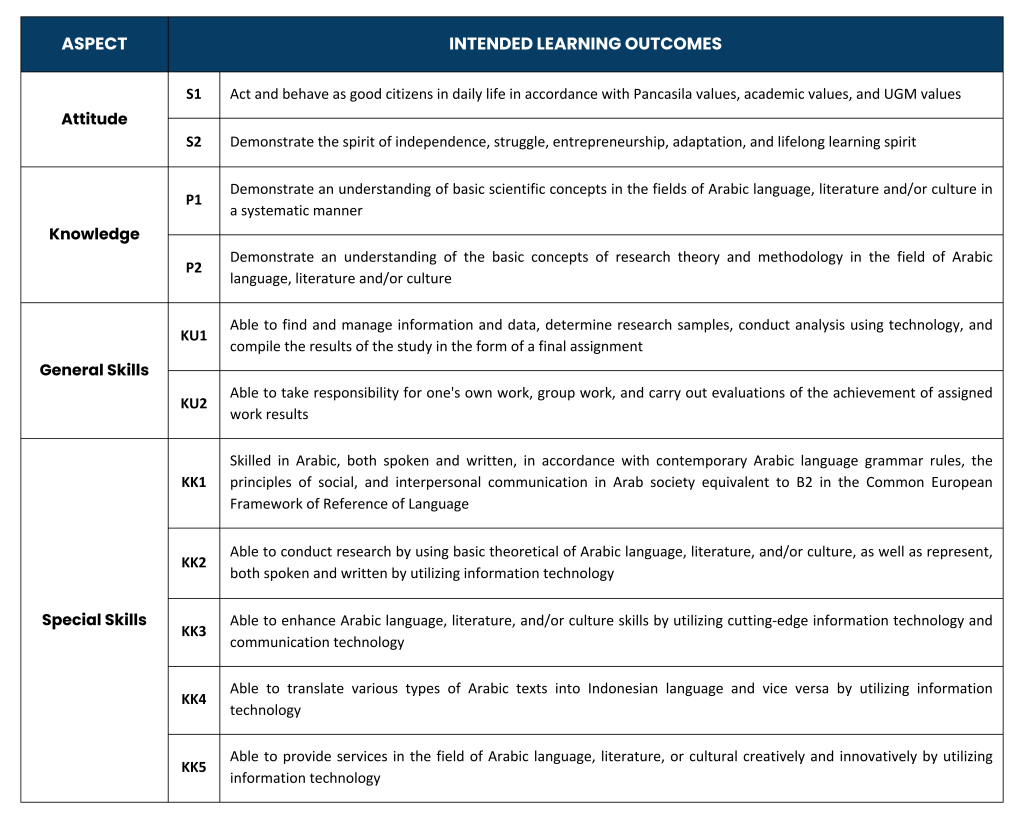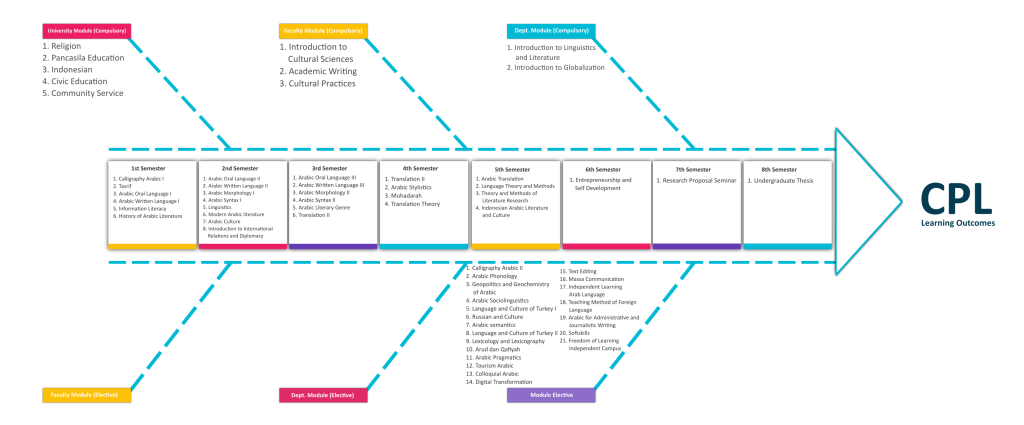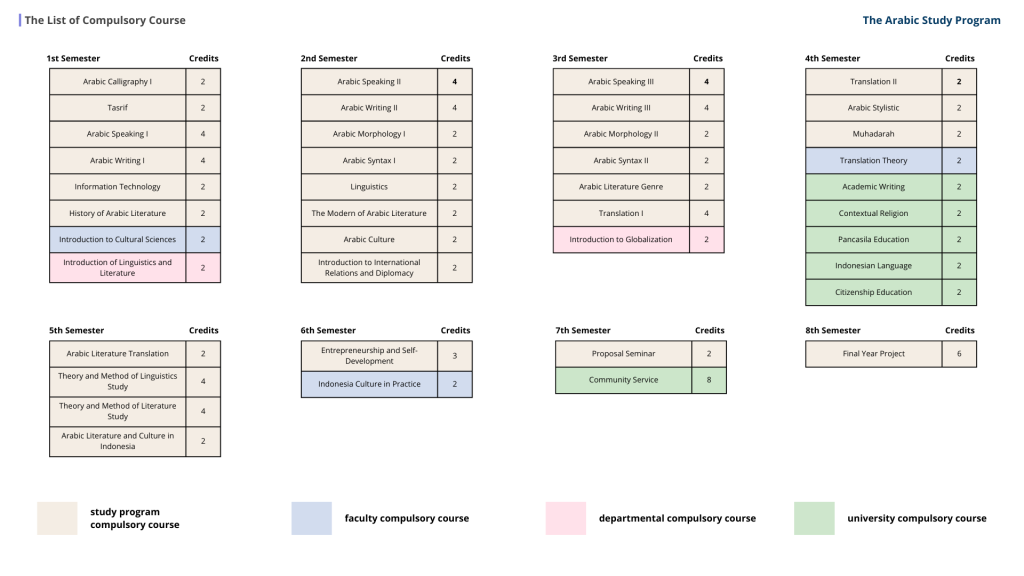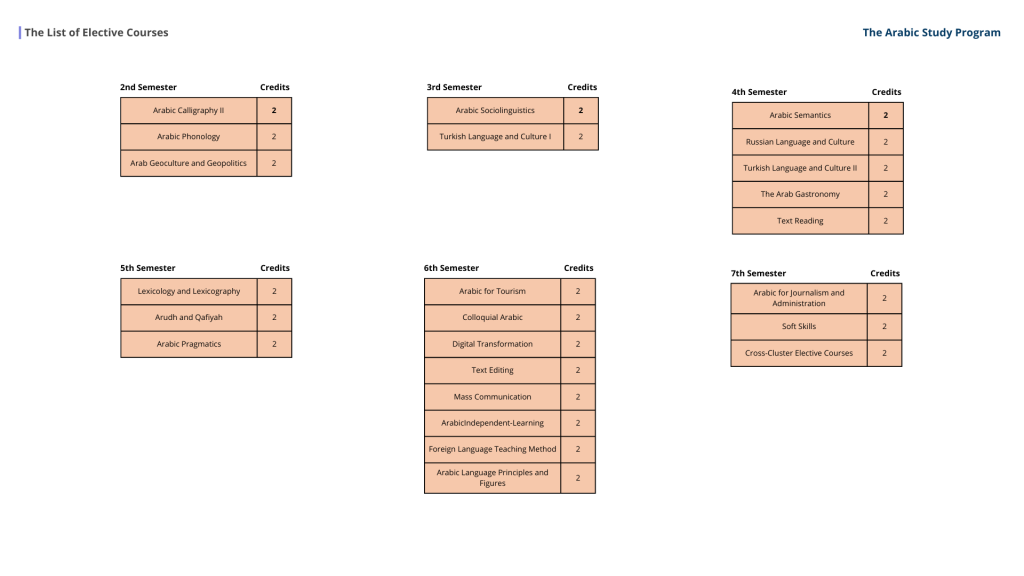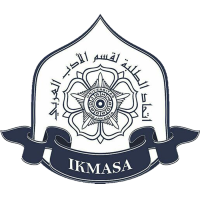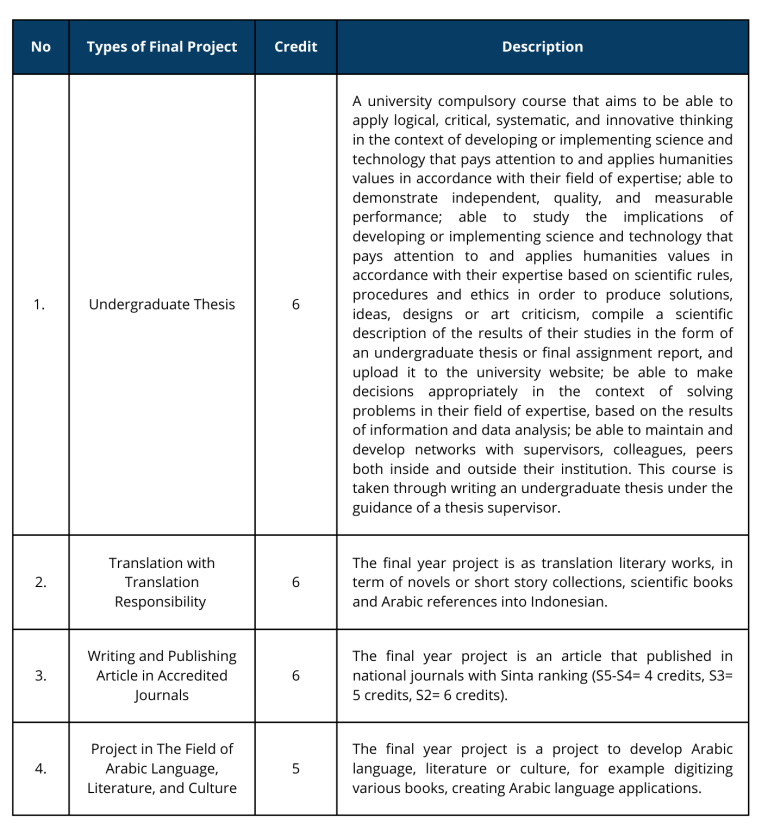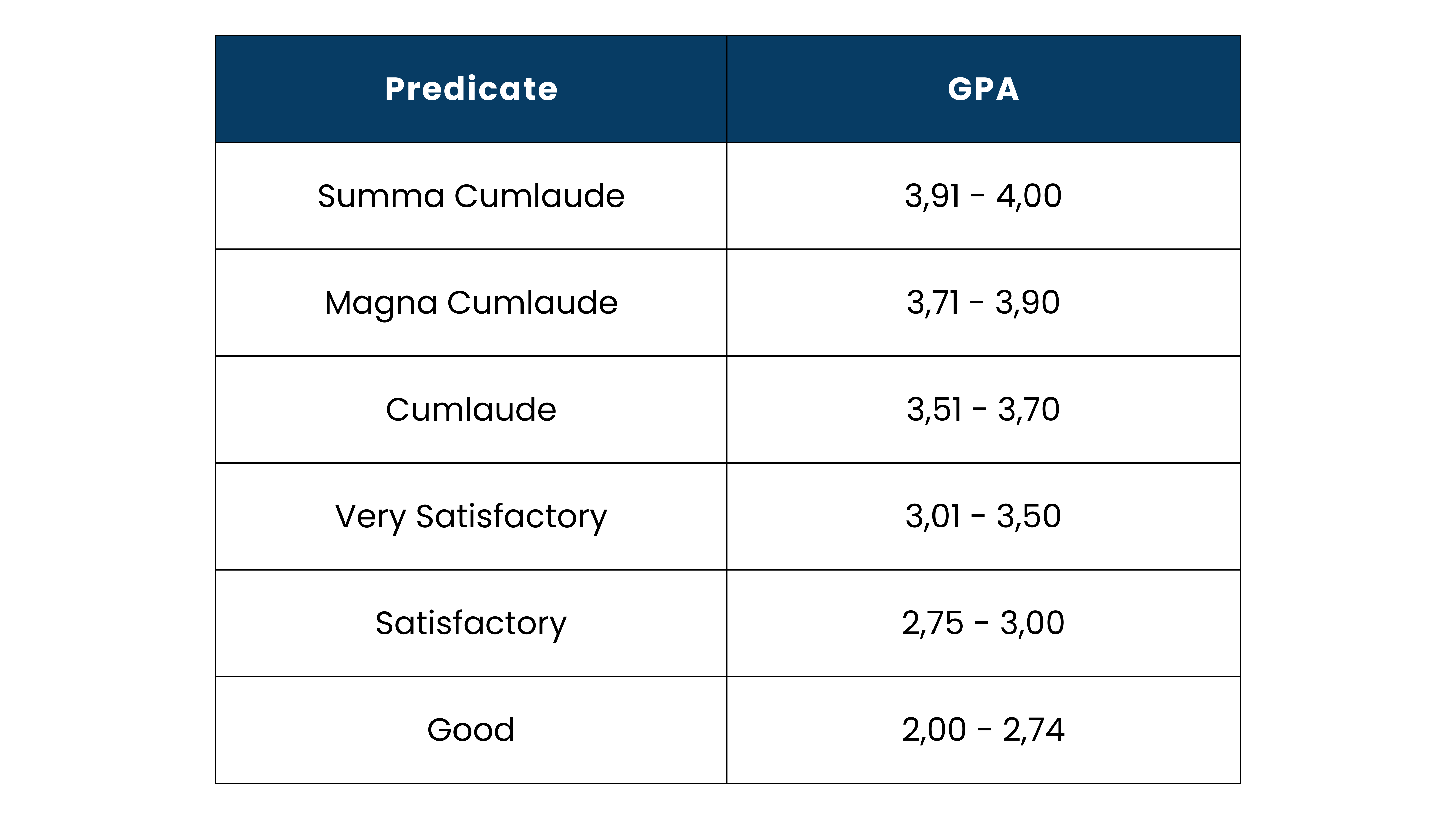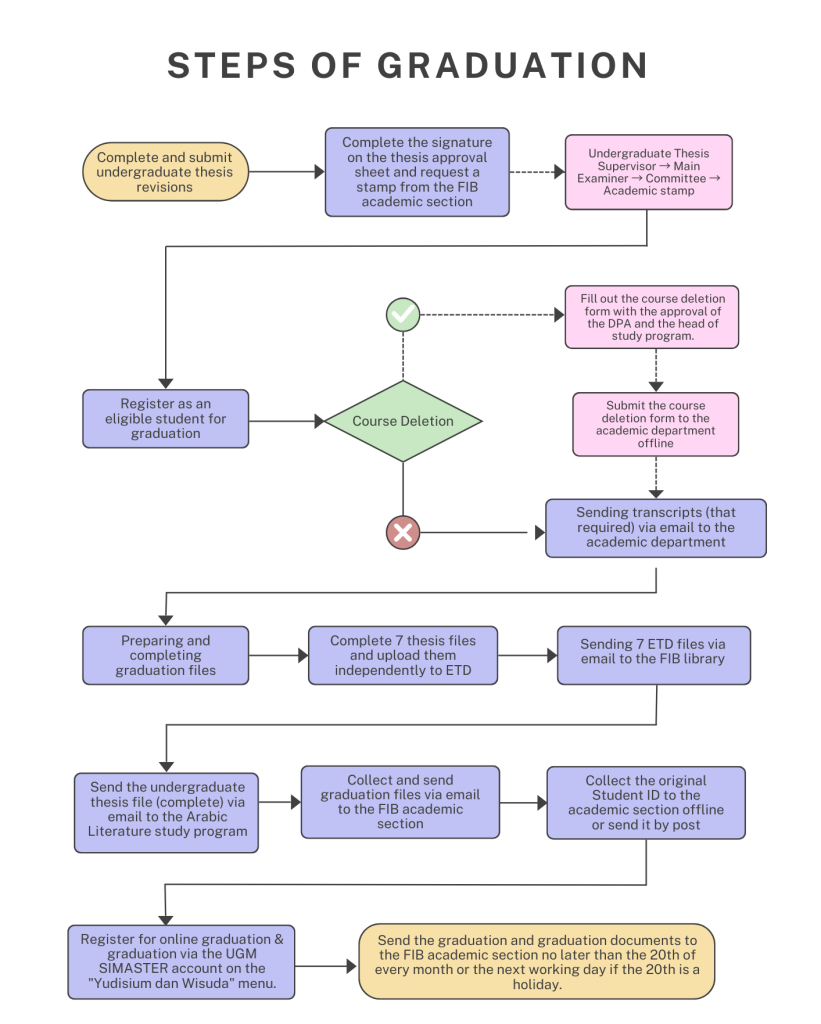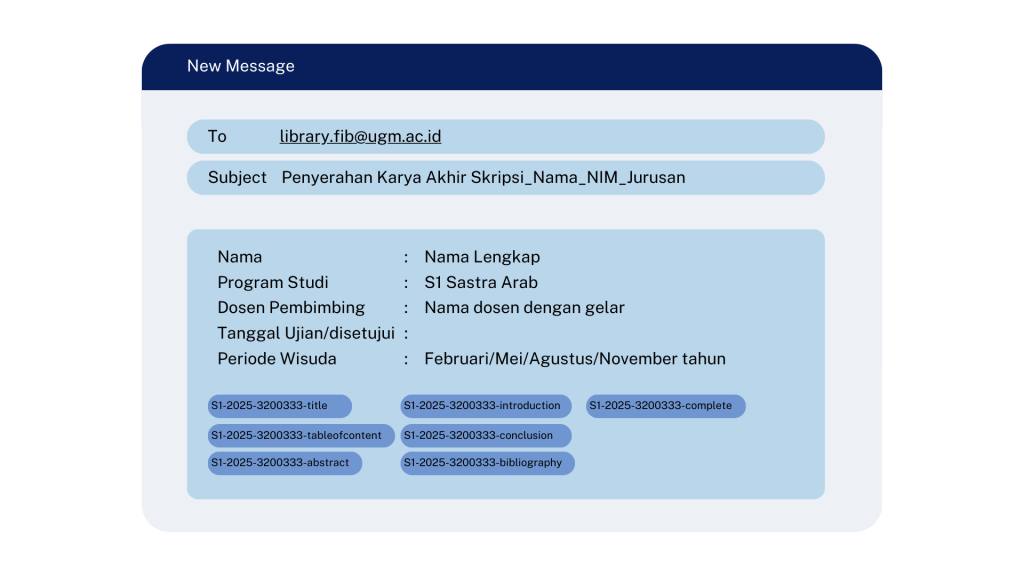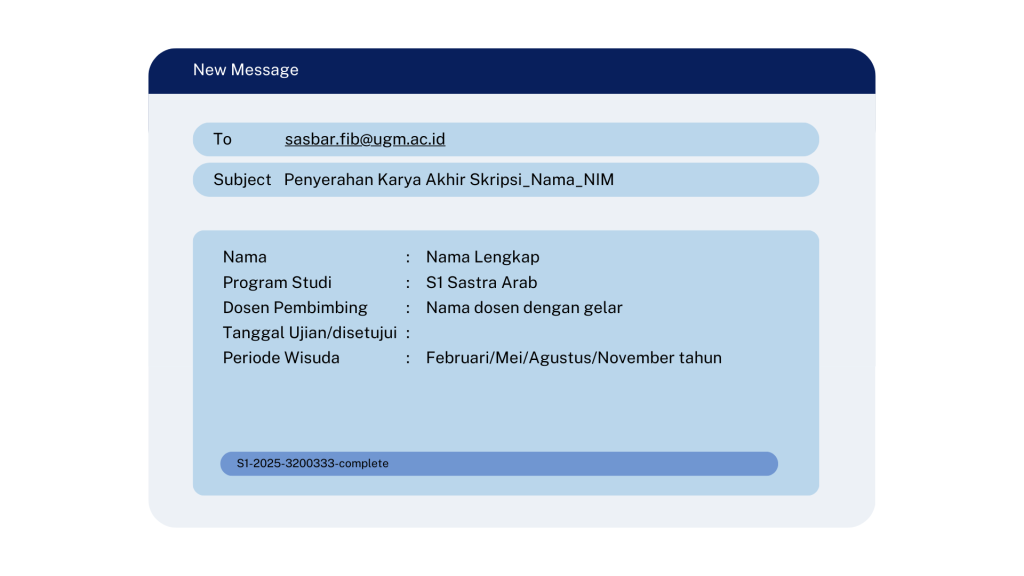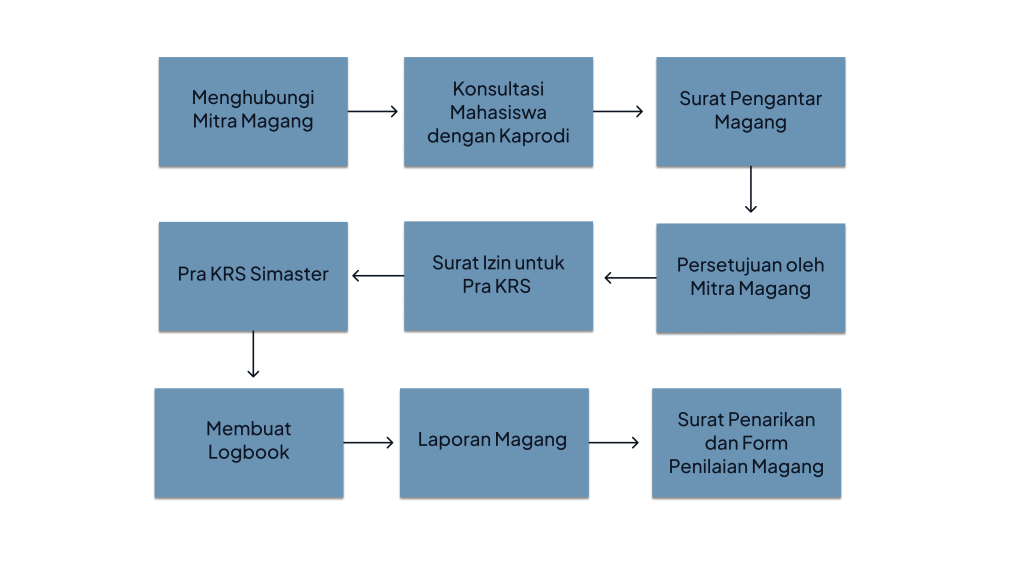Madara UGM is a cross-disciplinary media and activity portal that critically and contextually explores the culture, politics, history, and literature of the Arab world. The initiative is designed for readers seeking a comprehensive understanding of the dynamics of West Asia and North Africa—beyond stereotypes, media biases, and oversimplified narratives that often obscure the region’s complexity, including its political, socio-economic, cultural, identity, and historical dimensions.

